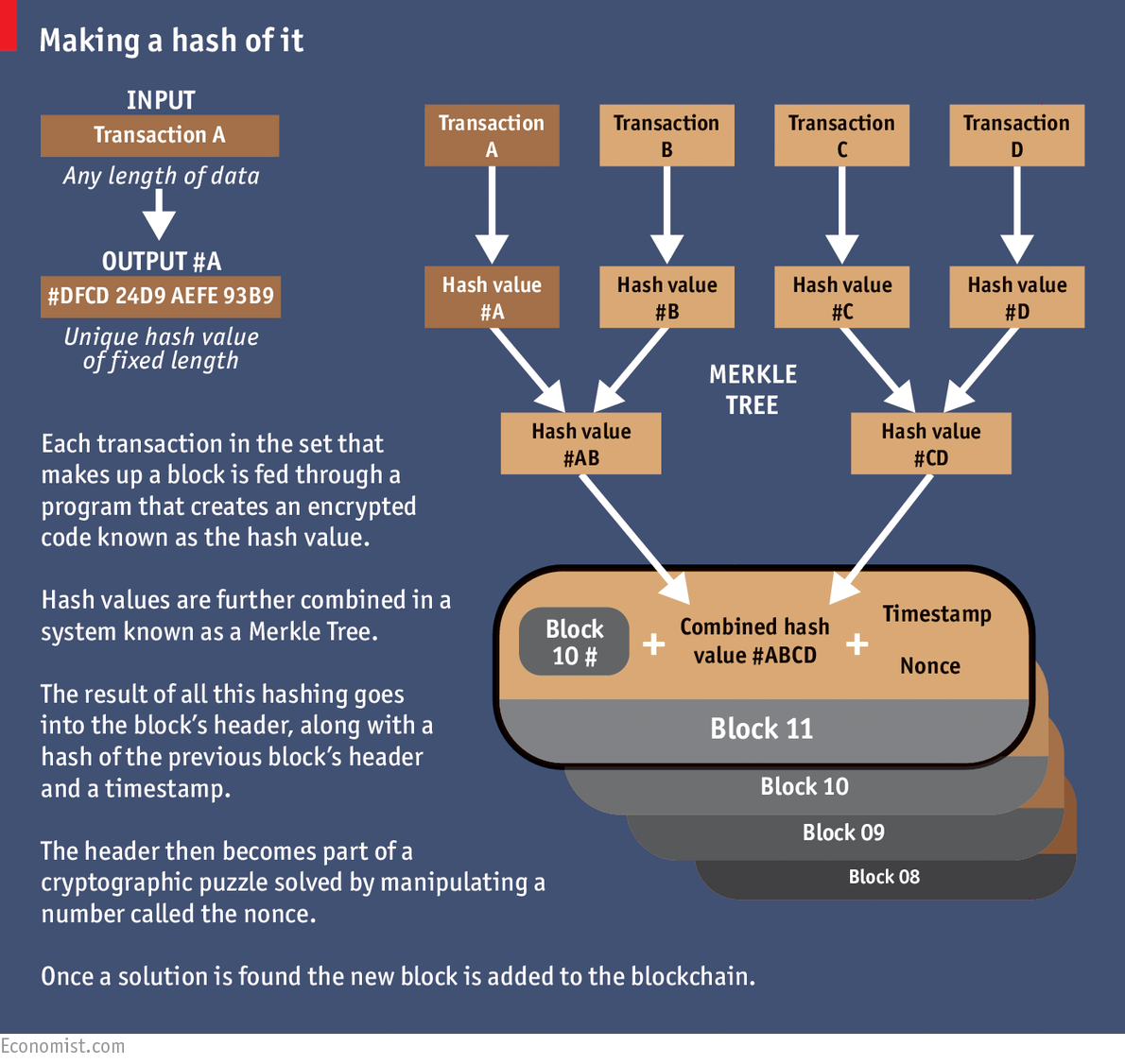One of the themes emerging from a range of sources in the foresight arena around the world is that it’s increasingly hard to understand where the world is going. An acronym that helps describe this is VUCA:
It’s an acronym developed by the U.S. military after the collapse of the Soviet Union to describe a multipolar world: volatile, uncertain, complex, and ambiguous. Volatility reflects the speed and turbulence of change. Uncertainty means that outcomes, even from familiar actions, are less predictable. Complexity indicates the vastness of interdependencies in globally connected economies and societies. And ambiguity conveys the multitude of options and potential outcomes resulting from them. Where once we could count on the seeming certainty and predictability of binary choices — capitalism versus communism, democracy versus autocracy, Corn Flakes versus kasha — choices and consequences are now far less clear.
